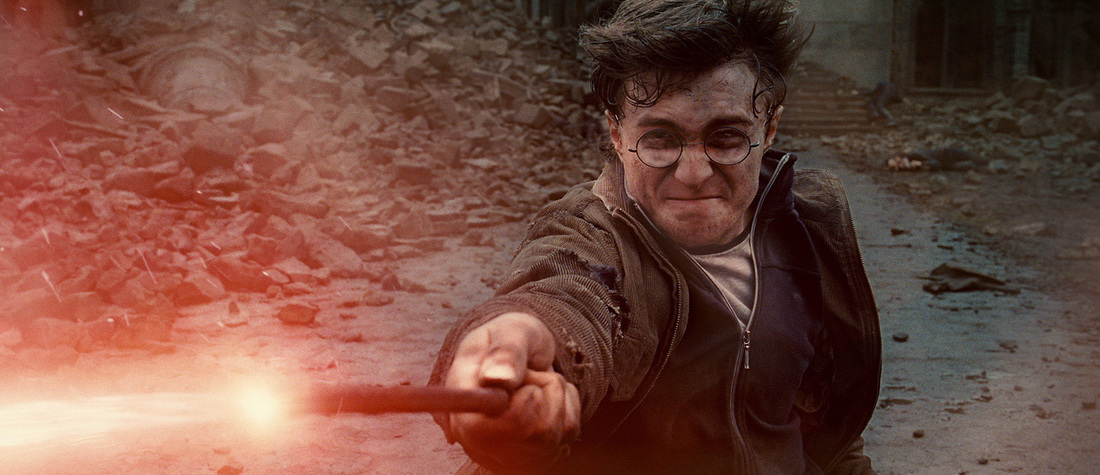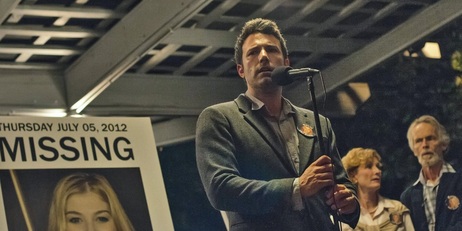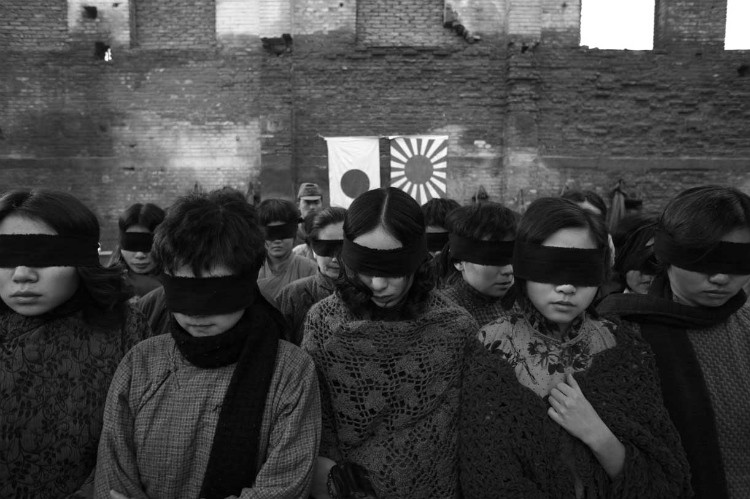Diegesis
Southampton Film Week
Review Writing Competition 2014
Sunday 9th November 2014
|
This year’s Diegesis/Southampton Film Week review writing competition saw an increase in the number of colleges and sixth forms taking part - stretching along the south coast to Exeter College. Students were asked to write reviews of 500 words inspired by the word “conflict” and the response was a veritable range of reviews, showcasing a diversity of writing.
The short listed film reviews include historical drama Atonement by Lizzie Black, war dramas City of Life and Death by Kane Le Petit and The Hurt Locker by Elliot Robinson, thriller Gone Girl by Ashleigh Sandford, Harry Potter and the Deathly Hallows by Rea Bailey, action comedy The Mask by Ester Palmer, working class drama The Selfish Giant by Craig Ball, social satire The Truman Show by Katherine Dale and the television series’ historical drama New Worlds by Ellen Martin, political thriller Scandal by Emma Rosso and business drama Suits by Shivani Mistry. The reviewers interpreted [conflict] in a multitude of ways, from inner psychological conflict to conflict around love and enemies, husband and wife, siblings, conflict relating to class, gender, sexuality, identity, to conflict in terms of war, massacre, torture, conflict between countries, religious conflict, conflict relating to government and politics and the media. The reviews that made it onto the shortlist displayed numerous strong qualities. An intriguing opening is the first key quality to writing an effective review. Queen Mary’s College student Rea Bailey, for example, started with the most feared killing curse to draw the reader into her review of Harry Potter and the Deathly Hallows, followed by a speculative question: "Avada Kedavra! Will it be the death of the ever-lasting conflict between Voldemort and Harry Potter?" Many writers impressed with their interpretation of conflict. In her review of Atonement, Lizzie Black, also from Queen Mary’s College, describes how the director "balances the many conflicts in the film: the second world war, conflict between sisters and the central characters endless internal conflict with a lie she told as a child." In her review of The Mask, Ester Palmer also covers a spectrum of conflicts from inner conflict to conflict relating to love, to the conflict between hero and villain. In her review of Scandal, Emma Rosso explores conflict as the twists and tensions in the narrative, secret lives and lies, love and physical violence, government corruption and political intrigue. It was certainly a hard task narrowing down the eventual winner and runners up. Along with an opening that grabbed our attention and interpretation of conflict, we were particularly impressed by those students who demonstrated a playful or creative use of words in their review in describing their films so effectively that they evoked the tone and mood of the film they were discussing. The reviews that stood out in particular to us were those which not only started with a bang but were clear, entertaining and focused right through to the end. Indeed, a strong ending can, in some ways, be more difficult to write than a strong opening. Special mention Just missing out on a place in the top three, Exeter College's Ashleigh Sandford deserves a special mention for her review of David Fincher's Gone Girl. Ashleigh’s review showed a real attempt to be creative with her language in considering the film about a destructive and deceptive husband and wife. Her review also impressed us with its references to film noir conventions that Gone Girl draws from, such as the "enigmatic femme fatale" and the importance of voice-over narration and flashback. In third place… In third place is Elliot Robinson from Peter Symonds College with his review of the multiple Oscar-winning war drama The Hurt Locker. Elliot started with the thought-provoking opening: "The Hurt Locker has been dubbed a ‘near-perfect’ war film. But does this Hollywood blockbuster truly capture the horrors of war, or is it a fantasy of Hollywood entertainment?" Elliot’s review features some wonderfully evocative lines to describe the film’s take on the war but also an interesting consideration of some of the film’s factual inaccuracies. In second place… In second place is Katherine Dale from Queen Mary’s College with her review of The Truman Show starring Jim Carrey. Katherine’s review had an attention-grabbing opening, some strong descriptions with good word play. "Truman’s world comes under siege as the white picket fences start to crumble and reveal a colder truth," she writes. "Director Christof has orchestrated Truman’s first steps to his college degree into a multimedia masterpiece". Katherine also impressed us with her discussion of the religious imagery the film draws on, which was a really good attempt to delve beneath the film’s surface. In first place… And the winner of the 2014 Diegesis/Southampton Film Week review writing competition this year is a review that ticked all the above boxes – a strong opening, evocative descriptions, good use of word play, a strong structure. Right through to the closing line, the review kept our attention and remained focused throughout. With lines such as "it is almost impossible not to cry when the impeccable timing of the beautiful score and the actors’ facial expressions join together creating visual poetry" and a closing line with depth and thought: "It goes to show that the most terrifying monsters in the world are not ghosts or bogeymen but rather human beings themselves". Our winner is Kane Le Petit from Farnborough College of Technology for his review of Chinese war drama City of Life and Death. Kane, Katherine and Elliot will now have the opportunity to work with Diegesis to ready their review for publication on www.diegesismagazine.com and they will then feature in the CUT TO [conflict] issue of the magazine when it is out in print next year! Many thanks to all our entrants and to the colleges and sixth forms that supported their entries. The competition will be back again next year! |









